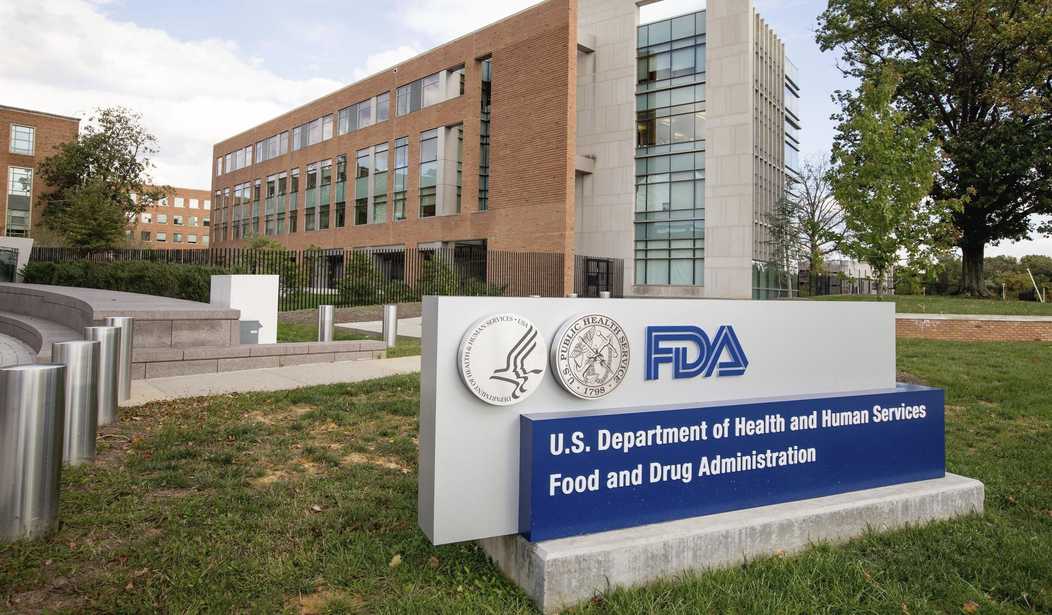With 162 million American adults being fully vaccinated, America’s successes against COVID-19 provide hope that the U.S. Food and Drug Administration (FDA) can step up its game. And recently, it looks like the agency is starting to do just that by approving more treatments for deadly diseases. In June, the FDA used its accelerated approval (AA) pathway to allow Alzheimer’s patients access to a new drug designed to slow memory loss. But regulatory progress has been uneven. The agency is still far too slow in approving medicines and therapies to treat, or at least slow down the symptoms, devastating illnesses such as amyotrophic lateral sclerosis (ALS). America’s drug regulator must allow access to novel therapies that can address life-threatening diseases and illnesses.
Understanding how the FDA approves anything can be mind-numbingly confusing. In December of 2020, the agency approved Pfizer and Moderna’s COVID-19 vaccines for emergency use authorization (EUA), which provides “timely and practical medical treatment or prevention and authorizes use of the best product available” without actual FDA approval. FDA can only grant an EUA after the Secretary of Health and Human Services“ declares that an (EUA) is appropriate.” Strangely enough, the vaccines still aren’t “approved” even though about half of all Americans have gotten their jabs.
The staggered approval process is all the more bizarre considering that the agency has had procedures in place for accelerated approval since 1992. The program was “conceived as a direct response to patient therapy during the HIV/AIDS epidemic and in recognition of the urgency to access new therapy.” Instead of requiring a direct measure of a clinical benefit, AA allows for initial approval of a medicine and/or therapy based upon a surrogate endpoint, which is usually an intermediate benefit that predicts future outcomes. In 2012, Congress passed a law that amended the AA pathway and “reduced some ambiguity regarding which products may qualify” under the AA pathway.
Recommended
The recent decision to grant the Alzheimer’s drug (aducanumab) an AA pathway was met with heated controversy. The agency approved the drug based upon a hypothesis that a certain type of plaque is associated with progression of the disease, and this idea finds mixed support in clinical trial data. Many experts in the scientific community are questioning the approval decision, and the FDA announced an investigation of its approval of aducanumab.
Pushback over the FDA’s decision has led to pessimism in the ALS community, as many now question whether the agency will extend its controversial accelerated approach to other medications. In a disheartening, but slightly hopeful, op-ed by Calaneet Balas, president and CEO of The ALS Association, Balas urged FDA to “lead the way on new ALS treatments.” Balas pointed out that after the FDA’s decision on aducanumab, Amylyx filed a drug submission to Health Canada for approval for AMX0035, “a promising treatment for ALS.” The pharmaceutical company has also been actively working with European health officials for accelerated approval of the drug in Europe. In America, Balas fears that the FDA may require another trial before approving the drug.
Despite FDA foot-dragging, the evidence on the drug looks promising. As evidenced in clinical trials, the drug has “met its primary endpoint” by showing a decline of function, as well as proving that it can extend the life of an ALS patient. According to Balas, the “data for this drug make it clear that the risks of pursuing an approach like [AA] are actually low.”
Approximately 12,000 to 15,000 Americans have ALS, with another 5,000 being diagnosed with the debilitating disease each year. Persons with ALS are expected to live only two to five years after symptoms develop. Given such a devastating prognosis, sufferers of ALS cannot wait for the FDA’s restrictive regulatory process that requires years upon years of testing to prove efficacy.
Fortunately, Congress has recognized the unmet need for a faster pathway for Americans with ALS and other life-threatening illnesses. Legislation in the House and Senate has been reintroduced this summer that would help expedite the FDA approval process. The Promising Pathway Act would require the FDA “to establish a rolling, real-time, priority review pathway to grant or deny provisional status for drugs intended to treat, prevent, or diagnose serious or life-threatening disease or conditions.”
While we may never recover from the COVID-19 pandemic, the unique emergency did offer insight and provided evidence that our regulatory health agencies can act in an expedient manner. It’s about time they apply the same level of urgency to all life-threatening ailments that affect Americans.
Lindsey Stroud is Director of The Taxpayer’s Protection Alliance’s Consumer Center.

























Join the conversation as a VIP Member